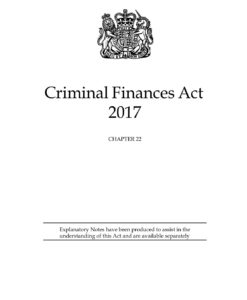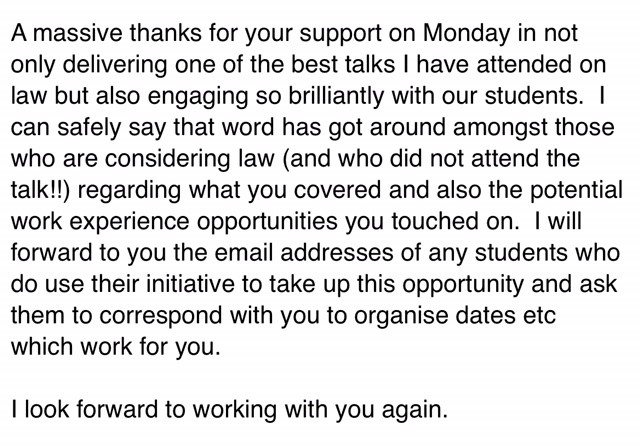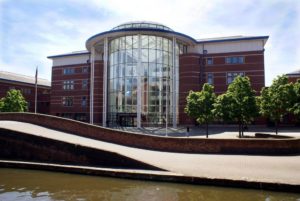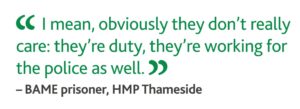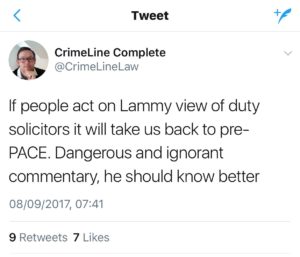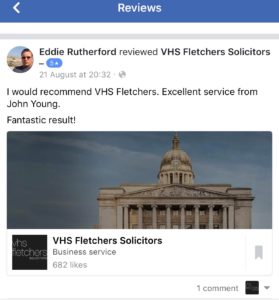All posts by Andrew Wesley/h3>
Environment Agency Clamping Down On Criminal Activity
People who illegally dump waste have cost land and property owners millions of pounds in the last year, according to the Environment Agency.
The financial impact, which relates to the cost of removing waste dumped in fields and empty commercial properties lawfully, could be even higher if land is contaminated or insurance premiums rise as a result. Dumped waste is also a major fire risk.
What is being done?
In a bid to reverse this problem, the Environment Agency is reaching out to property and land owners, commercial property agents, trade associations and local authorities. Their aim is to warn of the dangers posed by waste criminals and advise them, their clients and their members how they can better protect themselves. It is likely that this increased level of activity will lead to more criminal investigations and prosecutions.
Jamie Fletcher, from the Environment Agency said:
“Waste criminals operate throughout the country, offering to remove waste cheaply and then dumping it in fields or empty warehouses. They tend to move to new areas as enforcement agencies become wise to their activities.
We know it’s only a matter of time before they target us again so we’re sending out a strong message: Waste criminals are not welcome here and we’re doing everything in our power to deter and catch them.
We can’t do it alone.
We work closely with partners to share intelligence on illegal waste activity. And we’re encouraging everyone to do their bit: for property and land owners to be vigilant and better protect themselves and for all businesses, organisations and individuals to manage their waste responsibly, preventing it from getting into criminal hands in the first place.”
Land and property owners are advised to:
- Check any empty land and property regularly and make sure it is secure.
- Carry out rigorous checks on prospective and new tenants. Land and property owners have a responsibility to ensure anyone leasing their land/property complies with regulations. They may be committing an offence by allowing waste to be stored on land or property without the relevant permissions and could leave them liable to prosecution.
- Be vigilant and report any unusual behaviour.
Change on the roads
In a related development, the Environment Agency and Driver and Vehicle Standards Agency (DVSA) have officially agreed to carry out joint operations across England to cut the transportation of illegal waste and to improve road safety.
The memorandum of understanding will see the Environment Agency and the DVSA using their combined enforcement powers to tackle the transportation of waste to illegal or poorly-performing permitted sites.
The agreement will involve:
- DVSA staff located within Environment Agency teams to ensure a coordinated and effective approach
- sharing of information to increase the effectiveness of roadside enforcement on waste industry vehicles up and down the country
- providing enforcement teams with intelligence relating to waste industry operators
- identifying high risk or illegal goods vehicle operators involved in waste transport
- reducing the number of seriously and serially non-compliant waste industry vehicles on England’s roads.
Legal Advice for Business Defence
There are thousands of commercial properties across the Country thought to be empty, which are owned by businesses and organisations, including fund management companies and local authorities.
The Environment Agency is also advising businesses and organisations of their responsibility to ensure their waste is managed appropriately. Anyone who produces, stores and manages waste is obligated to ensure waste does not cause harm to human health or pollution to the environment under Duty of Care legislation.
Waste crime diverts as much as £1 billion per annum from legitimate business and the treasury. Since April 2011 the Environment Agency has invested £65.2 million nationally to address it. Its specialist crime unit uses intelligence to track and prosecute organised crime gangs involved in illegal waste activity and to ensure any necessary action is taken against them.
Action you need to take
Environmental crime and regulation is a specialist area of business defence law. Whether you need advice about your legal obligations, or representation if facing an investigation or prosecution, our team of lawyers is here to provide it.
The penalties in relation to environmental offences can be very high, sometimes reaching the hundreds of thousands of pounds, and in some cases resulting in imprisonment. For example, United Utilities was fined £666,000, with costs of £32,000 after pleading guilty to pollution offences at Manchester Crown Court.
Contact a Business Defence Solicitor

With cases such as this being decided against companies, you cannot afford to leave your case to chance. Please contact business defence solicitor Martin Hadley on 0115 9599550 or alternatively use the contact form below.


